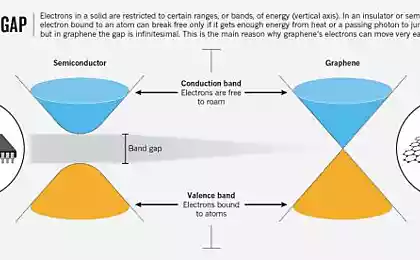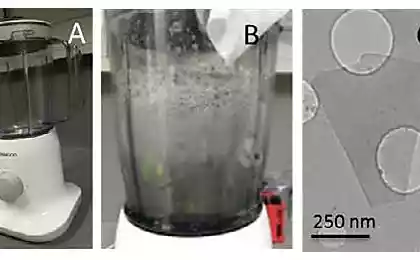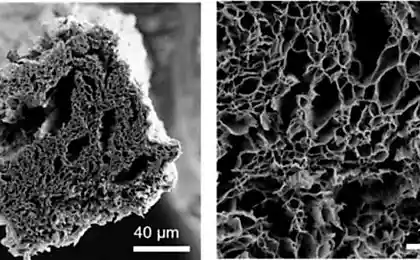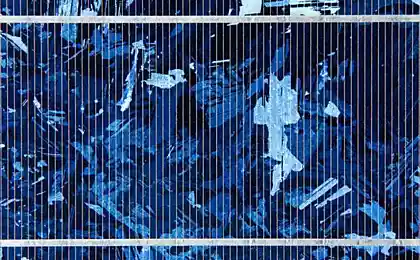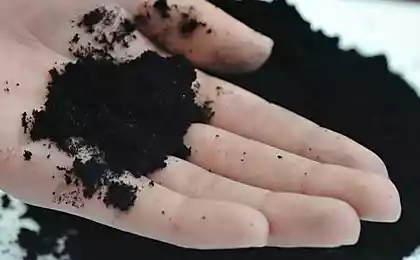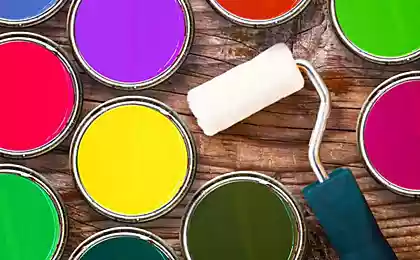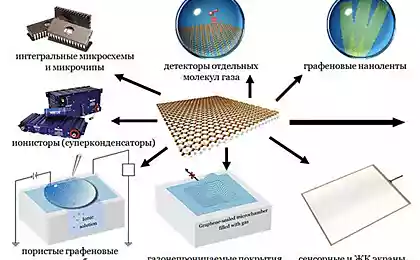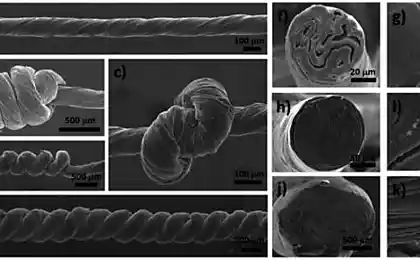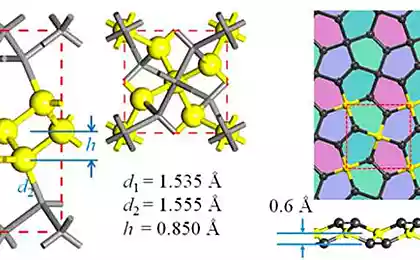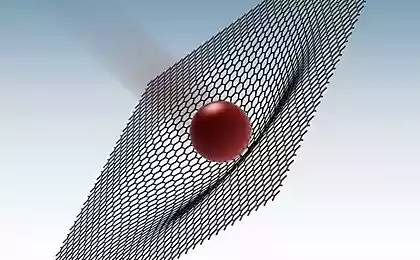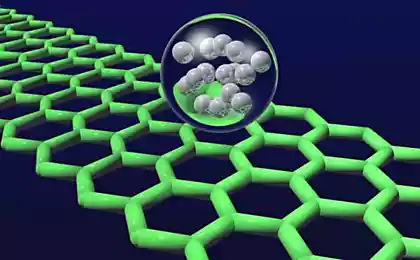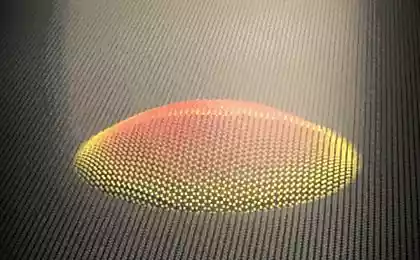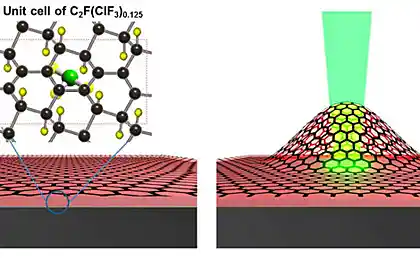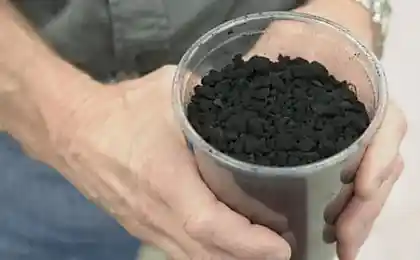433
Graphene paint in the future will deliver us from corrosion

The surface of graphene, a single atomic layer of carbon, can be coated with oxygen to create graphene oxide; this form of graphene could have a significant effect on the chemical, pharmaceutical and electronic industry, reports Phys.org. If you spray this paint, it can provide a heavy-duty stainless steel for a wide range of industrial applications.
Graphene oxide can be used for painting of different surfaces, from glass and metal to conventional bricks. After a simple chemical treatment coating will behave like graphite in terms of thermal and chemical stability, but the mechanical properties will be close to graphene, the most stable material known today.
The team, led by Dr. Raguli Nair and Nobel laureate Andrei Geim demonstrated previously that multilayer films of graphene oxide are vacuum tight under dry conditions but, if expose them to water or its vapor, they act as molecular sieves, passing small molecules below a certain size. These findings may have huge implications for water purification.
These contrasting properties due to the structure of films made of graphene oxide that consists of millions of small flakes superimposed in a random order on each other, but having nano-sized capillaries between them. Water molecules can be accommodated in these nanocapillaries and skip small atoms and molecules.
In an article published in Nature Communications this week, a team from the University of Manchester have shown that it is possible to tightly close those nanocapillaries using a simple chemical treatment that makes graphene films even stronger mechanically as well as completely impermeable to everything: gases, liquids or strong chemicals. For example, the researchers demonstrated that glassware or copper containers covered with graphene paint can be used as containers for strongly corrosive acids.
The exceptional barrier properties of graphene paint have already attracted interest from many companies who are currently cooperating with the University of Manchester, developing new protective and anticorrosion coatings.
"Graphene paint has a chance to become a truly revolutionary product for industries that deal with any kind of protection from the air, weather conditions or aggressive chemicals. This includes, for example, medical electronics and nuclear industry or even shipbuilding," — said Nair.
Dr. Yang su, the first author of the work, added: "Graphene paint can be applied to almost any material whether it is plastic, metal or even sand. For example, plastic films coated with graphene could be useful as medical packs, they improve the shelf life during storage, so as to be less permeable to air and water vapor. In addition, the layers of graphene paint are optically opaque".
Source: hi-news.ru
